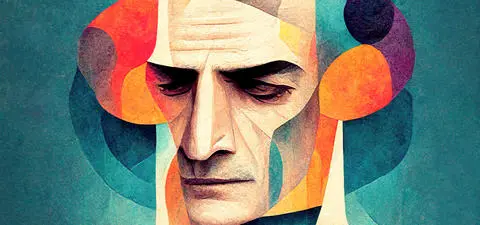Speaker
Sara Evans-Lacko
Sara Evans-Lacko is a mental health services researcher with a particular interest in the role of health services and social support in the prevention and treatment of mental illness. Her research focuses on developing innovative methods to improve access to and quality of mental health care for young people and cross-cultural applications of this in addition to the evaluation of public health interventions such as the Time to Change anti-stigma campaign which aim to improve important changes at the population level.

Sara Evans-Lacko is a mental health services researcher with a particular interest in the role of health services and social support in the prevention and treatment of mental illness. Her research focuses on developing innovative methods to improve access to and quality of mental health care for young people and cross-cultural applications of this in addition to the evaluation of public health interventions such as the Time to Change anti-stigma campaign which aim to improve important changes at the population level.
Sara Evans-Lacko Videos
More Videos
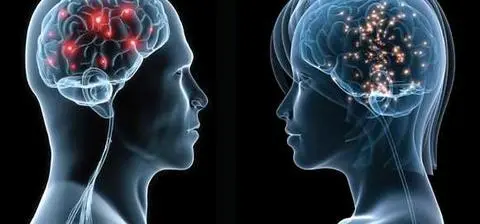
The Physical and Psychological Differences Between Men and Women
The biology and psychology of sex difference

Madness and Wisdom
Might madness be a strange form of wisdom?

The Secret Conjurer
How does the brain play tricks on us?
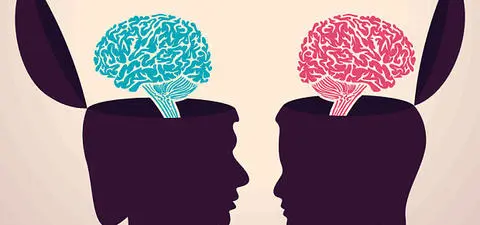
How Men and Women Think
Are mental differences between the sexes real?

Forgetting to Be Me
Is true memory a fantasy?

Who We Have Been and Who We Are
Is memory a recollection or a construction?

Narrating the Brain
Benjamin Dalton | Neuroscience's story of the self

Why Society Drives You Mad
Environmental psychology & mental illness

Mind, Myth and Madness
Are biological accounts of mental illness useful?

Seeing Through Psychosis
Juliette Burton | Illuminated by mental illness

How to Make the Right Decision
Fixing your biases with cognitive science

Minds, Matter and Mechanisms
Are humans more than machines?
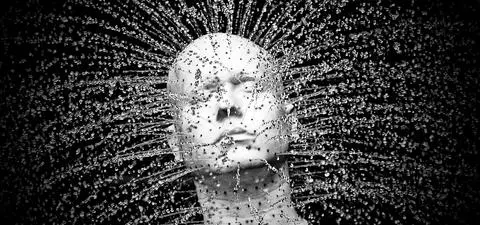
Mechanisms of the Mind
Margaret Boden | Rethinking memory through AI

Mazes of the Mind
The philosophy of neuroscience

Hidden Desires and Secret Thoughts
Are We In Control of Our Selves?

Psychiatry and the Meaning of Pain

A Mad World
Is modern life bad for your mental health?

Against Psychiatric Diagnoses
We need another understanding of mental health | Lucy Johnstone

The Vital Statistics
Should gender differences be accepted?

The Science of Sex
On the real differences between gender and sex

Beyond Psychotherapy
When drugs won’t do

Memory and Forgetting
Forgetfulness and the self

The Science of Psychedelics
David Nutt | Can drugs transform mental health?
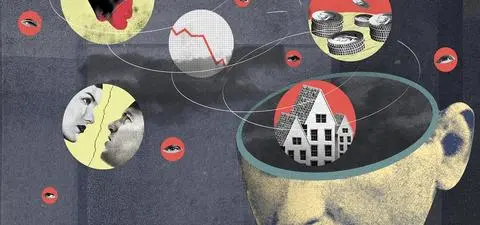
Positive Thinking and the Name Game
Should we not name illnesses?

Mind, Madness, and Power
Is psychiatry dangerous?

Where Is My Mind?
It's not all in the brain
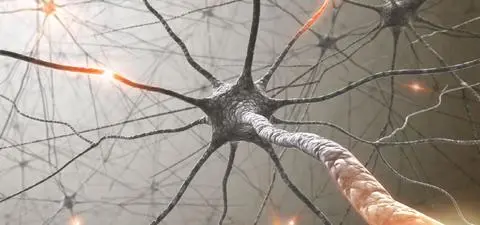
Neuro-Everything?

Love Is the Drug
Can we have a pill that sparks love?

Metaphors of the Mind
Ophelia Deroy uncovers the origins of experience.

Drugged Up
Fads and Fallacies in Psychiatry

Treating Psychosis
The limits of anti-psychotics

Memory and the Self
Do memories make us who we are?
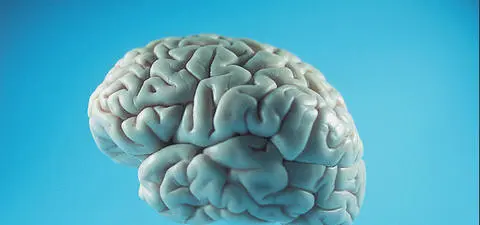
Dark Matter of The Mind
Why human nature is not pre-determined

Madness, Incorporated
Are psychiatric diagnoses real?

Sex, Lies and Pharmacology
David Healy | Psychiatric drugs destroy sex lives

Neuroscience and the Mystery of Music
Raymond Tallis explains why our love for music remains beyond science's grasp
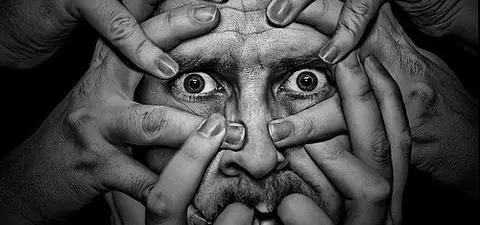
Madness: What's in a word?
The language behind it

Are We All Bipolar Now?
The boundaries of mental health

Taking Over the Asylum

A Checklist for Sanity
The limits to our understanding of mental illness

Sexuality After Genetics

Nature's Hidden Persuaders
The evolution of the placebo effect

Manufacturing Love
How to make romance last

How to Be Brave
In an age of anxiety, revisit the most resilient virtue.

Creating Change
The future of arts provision in mental healthcare.

A Paranoid World?
The difference between extreme belief and delusion

We misunderstand mental health
In conversation with Rose Cartwright

Deregulate to innovate
An interview with Matt Ridley

How To Help Your Body Help Your Mind
Techniques for better conversations
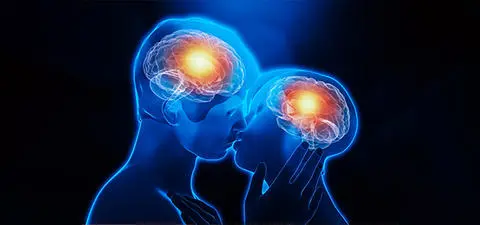
The Rise and Fall of Sex
Is biological sex an illusion?

